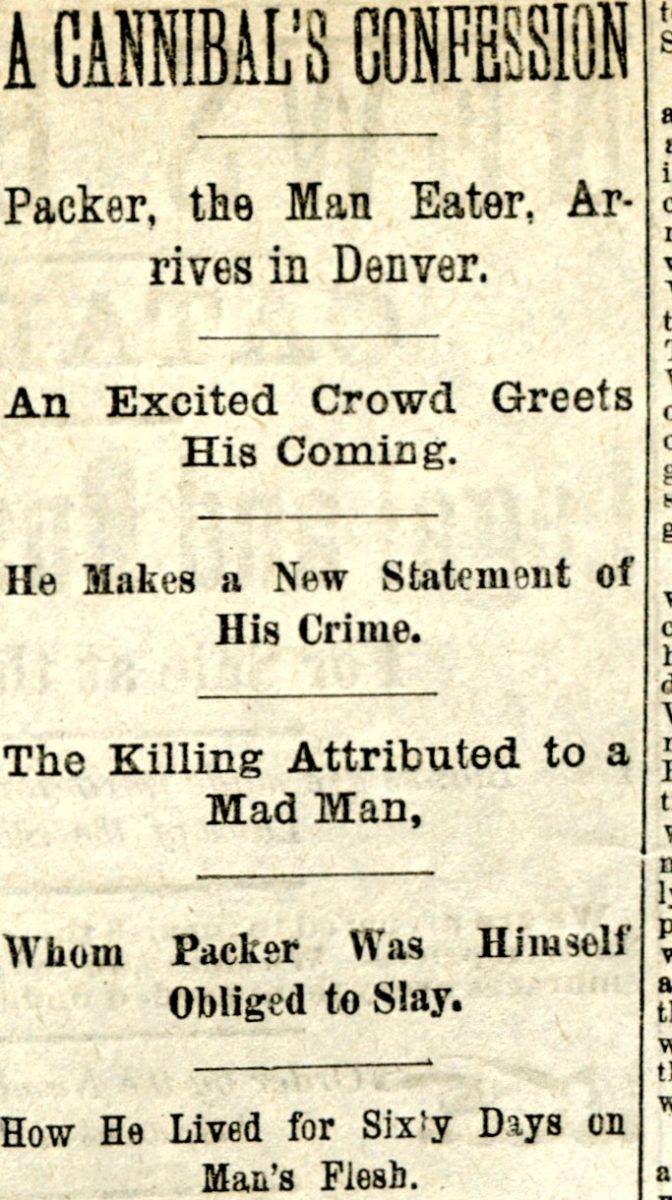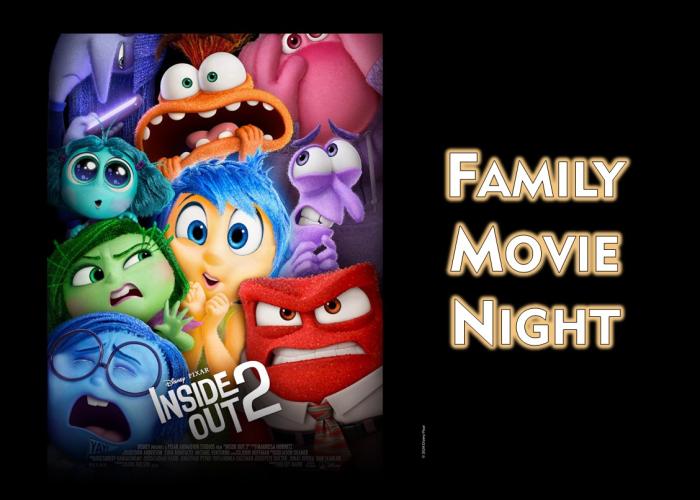A charming, brazen, and seemingly patriotic character takes center stage, and their audience waits with bated breath to hear what they have to say. Whenever this person speaks, their thoughts, opinions, and feelings will follow suit. Yet, this individual doesn’t have their listeners’ best interests at heart—quite the opposite. Most people already have an image of this character, be it a celebrity, a newscaster, or a political leader. Such is this archetype’s influence that it has invaded even the most resilient minds.
Of course, it is easy to assume that people using the media for ill-gotten gains is a modern-day problem. People like Alex Jones, a man who used his enthralling personality to spread lies about the victims of the Sandy Hook School Shooting, are seen as the consequence of the practices and technology of our current media. However, these figures are not new, not by a long shot, and like Jones, they have and will face a spiraling path that threatens to leave them undone.
If art is a reflection of the world, then 1957’s A Face in the Crowd is proof of this cycle. Starring Andy Griffith in his debut role as Lonesome Rhodes, we watch Rhodes use his captivating personality for personal gain from the onset. He first uses his talent to help him get out of prison before taking on gainful employment as a radio personality in the Memphis area. He is seen as an “everyman” and, at first, uses his talents to jab at local politicians or gain the ire of business sponsors, much to his audience’s delight.
However, he is quickly recognized for his talent and is elevated into the world of television, where his egotistical nature begins to break through. It doesn’t take long before he accepts corporate sponsorships and aids political campaigns, throwing away his original values for fame and fortune. Yet the people of this story still hang on to every word Rhodes has to say, elevating him to a position of authority over them, eager to accept his words as fact.
It’s a story about how people can be swayed by someone who doesn’t have their best interests at heart simply because they are charming and compelling. Even the film’s female lead and love interest, Marcia Jeffries (Patricia Neal), falls for this powerful personality and struggles to hold on to her grassroots values.
Meanwhile, Rhodes breaks through the ceilings of social constraint, gaining the ear of a senator and being offered a political office in exchange for his allegiance. Of course, this only fuels his arrogance, and he quickly sacrifices anything that could be confused with a moral in order to solidify his growing power.
Yet, not all is lost, as the voice of reason, Mel Miller (Walter Matthau), pushes Jeffries to re-embrace her origins and fight against the increasingly deranged Rhodes. Jeffries struggles to choose between Rhodes’s fame and fortune and Miller’s humble grassroots grit in a love triangle that inspires the spirit. After Rhodes breaks her heart one too many times with his womanizing ways and unrepentant disdain for his audience, Jeffries finally reaches the end of her willingness to overlook his flaws.
At the film’s climax, Jeffries boldly forces the microphone on after a live recording. Rhodes remains unaware of this as he disparages his audience, insulting their origins and lifestyles and showing his true colors. His spell breaks and Rhodes’ world quickly crumbles as a flood of damming calls fills the station. He is abandoned by his powerful allies, who wisely flee from his sinking ship.
In the end, Rhodes loses his sway and, therefore, his power, showing how frail the influence of an arrogant media personality can be. Miller gets the girl just after he roasts Rhodes for his failures and shines a bleak light on his future. The pair leave as Rhodes screams for Jeffries to return, but she has chosen truth and freedom from the spiral.
Like many of his real-life counterparts, Rhodes’ quick rise to fame and glory comes to an abrupt screeching halt, much like how Alex Jones went from a regularly discussed phenomenon to being on the losing end of a defamation lawsuit by the survivors of the Sandy Hook School Shooting and their families. As for us, in truth, we are all Marcia Jeffries, caught in an endless struggle between what we know to be right and what is said to be true. She shows us that it is hard to stick with your beliefs, especially as the world becomes murky around us. Ultimately, she leaves us wondering if we stick true to our values and origins, can we also be more than a face in the crowd?
A Face in the Crowd can be watched for free at Tubi.

















Dorothy (Dee) Sgamba • Apr 7, 2025 at 10:07 am
excellant !!!!!